To maximise the benefits of cutting out gluten because of coeliac disease or other health reasons, you’ve got to pay attention to your overall diet. Norma McGough tells us the key things you need to know…
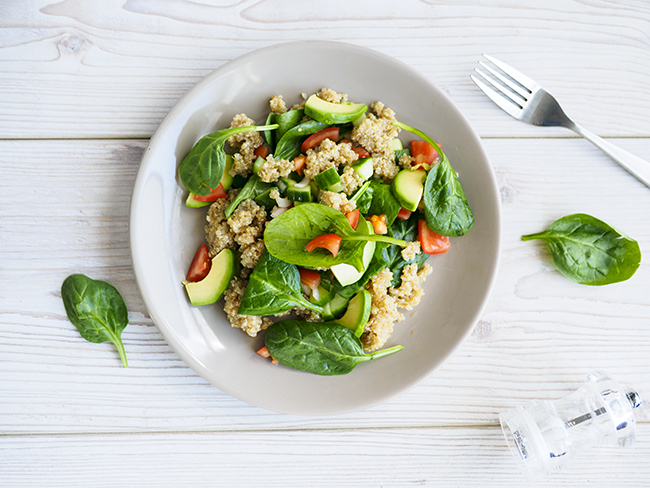
Q There’s confusion around oats. Can they be included on a gluten-free diet?
Oats are not related to gluten-containing grains such as wheat, barley and rye. They don’t contain gluten, they contain proteins called avenins that are tolerated by most people with coeliac disease, although a very small number of people react to them. The key thing is to make sure you choose oat products that are labelled ‘gluten-free’, as oats can be milled with gluten-containing cereals, meaning the resulting product will be contaminated with gluten. For further information about oats and the gluten-free diet see www.coeliac.org.uk/oats.
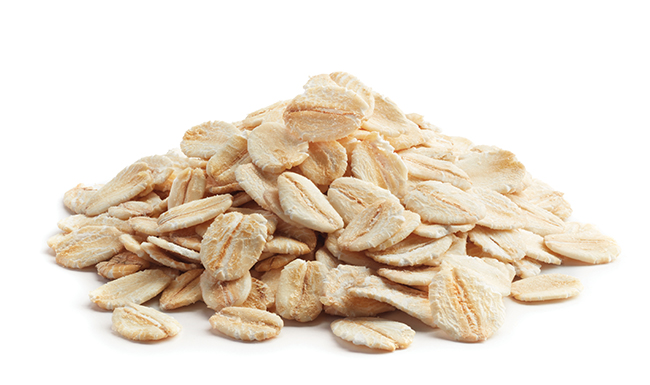
Q Why is calcium so important for people with coeliac disease?
Osteoporosis and osteopenia (or thinning of the bones) is caused by long-term, poor absorption of calcium and both conditions are complications of coeliac disease, particularly associated with diagnosis later in life. With this in mind, it is recommended that adults with coeliac disease have 1000mg calcium in their diet each day. Rich sources of calcium in the diet are dairy products like milk, yoghurt and cheese, but there are also non-dairy sources such as dried fruit, nuts, pulses, sesame seeds (tahini or houmous) and green vegetables. Find out more about calcium at www.coeliac.org.uk/calcium.
Q What impact does being vegetarian or vegan, as well as gluten-free, have on your health?
Due to the damage gluten causes to the lining of the gut in people with coeliac disease, there is a risk of nutritional deficiencies at diagnosis – generally iron, calcium, folic acid and vitamin B12 due to poor absorption over time. These deficiencies may cause anaemia and associated tiredness. There is generally significant improvement once established on the gluten free diet, as the lining of the gut heals and absorption improves. It’s important to get plenty of these nutrients in your diet, and if you are restricting foods to maintain a vegetarian or vegan diet as well as restricting gluten-containing foods (which include key staple foods) you will have a smaller number of foods to include in your meals.
Iron from animal sources is better absorbed than that from plant sources, so if you’re vegetarian as well as gluten-free it’s important to eat pulses (such as peas, beans and lentils), dried fruit, nuts, seeds and lots of leafy green vegetables. Tannins (which are found in tea) and polyphenols (which are found in coffee and cocoa) can reduce absorption of plant sources of iron, while vitamin C helps with iron absorption. So it’s recommended to save coffee and tea for between meals and accompany your meals with plenty of fruit and veg.
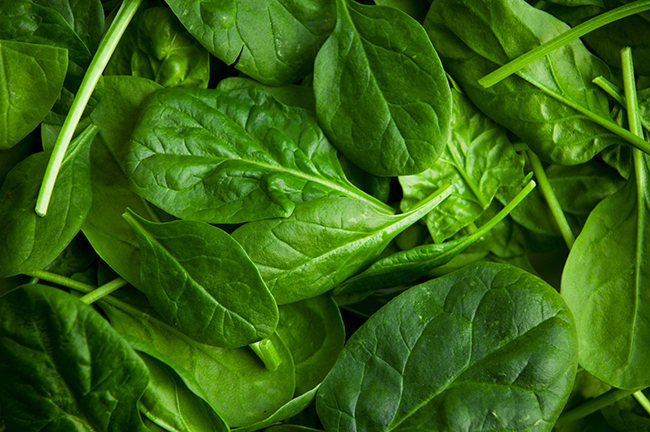
As a vegetarian or vegan you need to be mindful of your protein intake when there are additional requirements, especially for pregnant women, infants, growing children and the elderly. Plant protein can meet daily requirements as long as your diet is varied. Milk and eggs provide essential amino acids if you eat them, but other sources are textured vegetable protein (made with soya), tofu, Quorn, pulses, nuts and seeds.
As the non-meat sources of vitamin B12 are dairy products and eggs, if you follow a vegan diet it’s best to choose foods fortified with vitamin B12 (including some soy milks and soy products), but the most reliable source of B12 is from supplements. Not all vegetarian and vegan foods will be gluten-free, so make sure to check the label.
Q What’s the relationship between coeliac disease and lactose intolerance?
Gluten causes damage to the lining of the gut of people with coeliac disease when it is eaten. As well as this damage reducing absorption of nutrients, it can also compromise your ability to digest lactose, a sugar in milk, resulting in lactose intolerance. Symptoms are similar to those of coeliac disease and can include nausea, bloating, stomach pain or cramps and diarrhoea. The good news is that it’s a temporary intolerance for most people with coeliac disease – a strict gluten-free diet allows the gut to heal and eventually absorb lactose again.
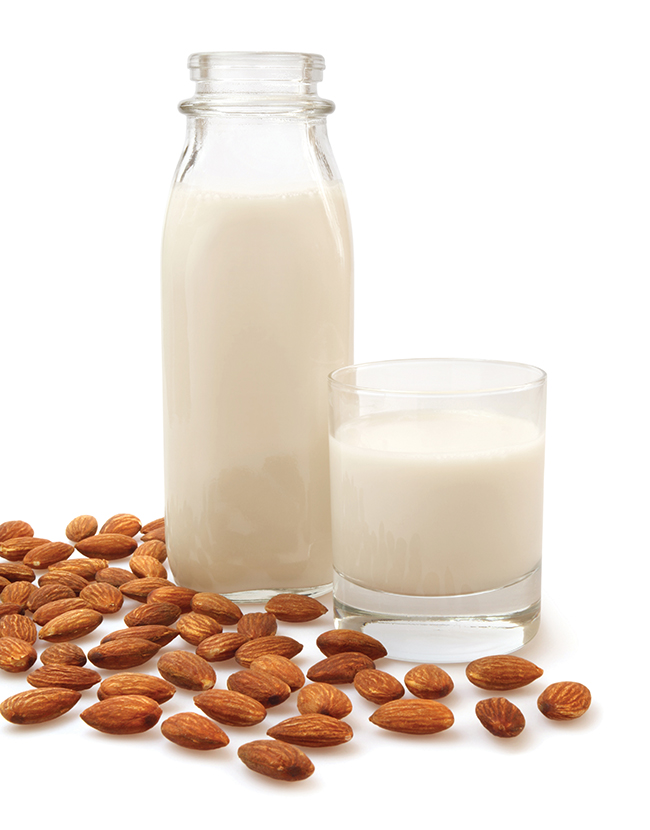
Q Does the gluten-free diet affect diabetes in any way?
There is an established link between these two autoimmune conditions and between 4-9% of people with Type 1 diabetes will also have coeliac disease. Most people are diagnosed with diabetes first, so when the gluten-free diet is introduced later, blood glucose levels may be affected due to healing of the gut lining and the associated increased absorption of food. Gluten-free alternative breads, pasta, biscuits and flour have comparable glycaemic indeces to their gluten-containing counterparts, but being on a gluten-free diet will inevitably reduce the choice of whole grains and other carbohydrate-containing foods that may be eaten. If you have both conditions go to www.coeliac.org.uk/type1diabetes for tips on managing your diet.
Coeliac UK
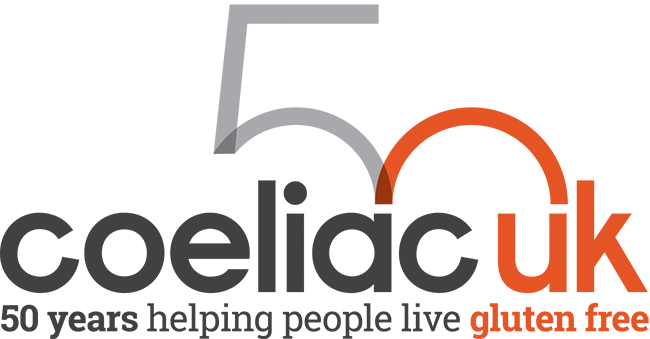
Coeliac UK are the trusted organisation for anyone living gluten-free. Their services will help you shop, cook, travel and eat out with confidence.
For just £2 a month (discounts available) you get personalised support, advice from their dietitians and information on venues, recipes and the product suitability of over 100,000 gluten-free and mainstream products to support your diet.
Join today to live well gluten-free. Visit www.coeliac.org.uk/join or call 0333 332 2033
If you have any more questions about your diet, check out the Coeliac UK website at www.coeliac.org.uk, which is full of evidence-based information and handy tips for living well gluten-free. Or email one of their dietitians with your query at dietitian@coeliac.org.uk.
Norma McGough
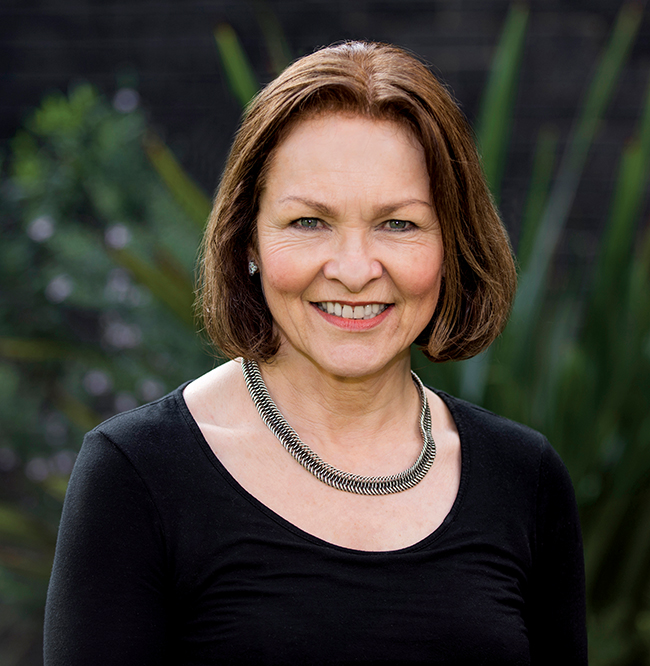 Norma began her career as a registered dietitian in the National Health Service. In the last 20 years she has worked in the voluntary sector, heading teams at both Diabetes UK and Coeliac UK. Norma has been working at Coeliac UK since 2003 and is currently Director of Policy, Research and Campaigns.
Norma began her career as a registered dietitian in the National Health Service. In the last 20 years she has worked in the voluntary sector, heading teams at both Diabetes UK and Coeliac UK. Norma has been working at Coeliac UK since 2003 and is currently Director of Policy, Research and Campaigns.
